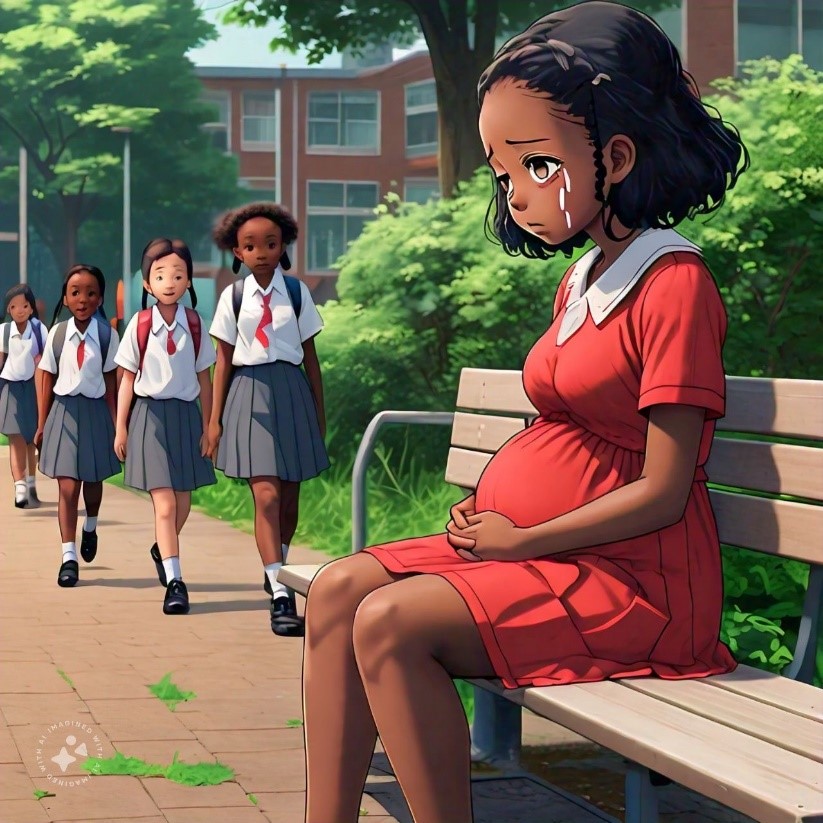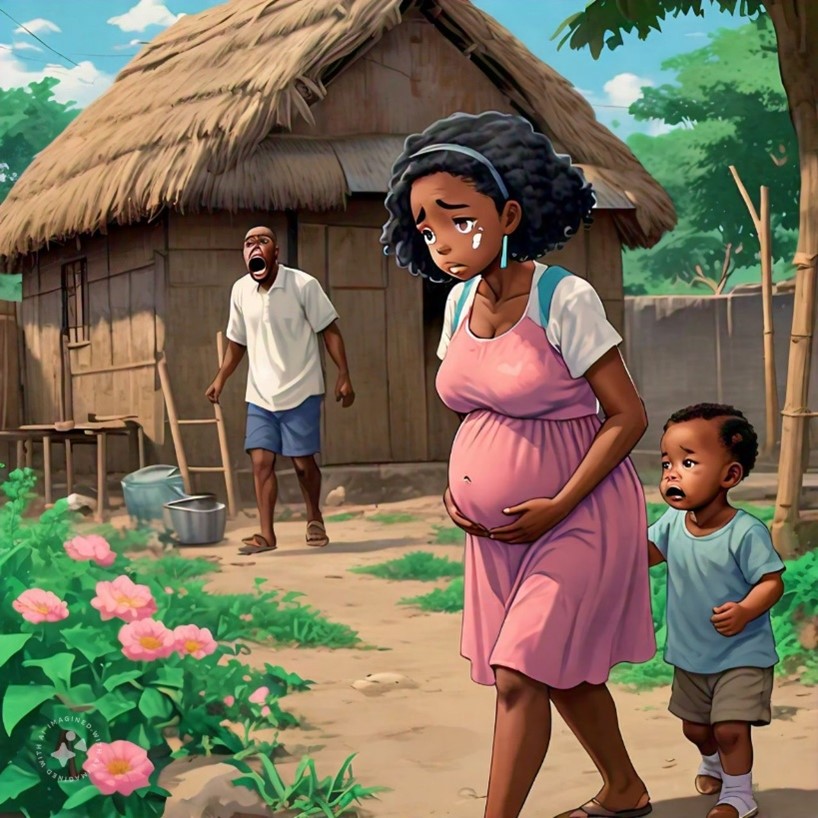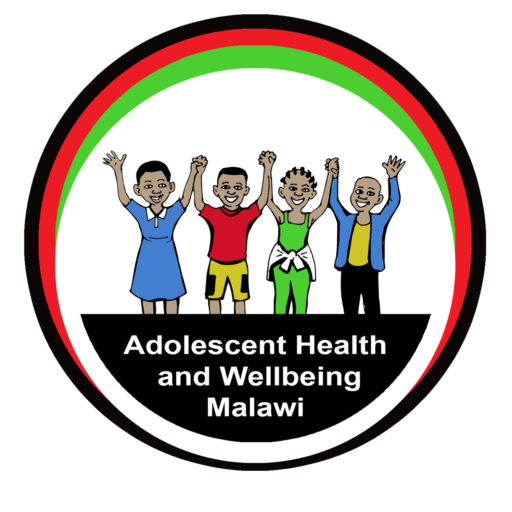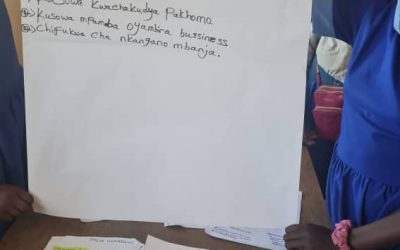
Imagine being forced into marriage as a child before you even finish school, your dreams side-lined by tradition and poverty. Your childhood stolen. This is the reality for many young girls in Malawi, where child marriage remains a significant issue. Despite efforts to eradicate this practice, Malawi’s child marriage rate stubbornly hovers at 37.7%, a figure alarmingly higher than the global average of 19%. The question is, why does this continue, and more importantly, what can be done about it?
The Costs of Child Marriage
The consequences of child marriage are profound and far-reaching, affecting not just the girls but entire communities and the economy at large. When a girl is married off young, her education often comes to an abrupt halt. Without the chance to learn, these girls face a future of limited opportunities, economic dependence, and poor health. In addition, child brides are more likely to experience complications in childbirth and their children face higher chances of infant mortality and poor health as the child brides struggle to provide adequate care for their children.
Moreover, child marriages place a heavy burden on Malawi’s already strained public resources. High fertility rates driven by early marriages contribute to rapid population growth, further stretching the country’s health care and education systems. Further, child marriages perpetuate a cycle of poverty which results in a higher dependency burden for the community and the nation at large. With more mouths to feed and educate, and not enough resources to go around, the future looks bleak unless significant changes are made.
Why do Child Marriages Persist?

Several factors contribute to the persistence of child marriages in Malawi. Poverty is a major driver. In many cases, families see marrying off their daughters as a way to alleviate financial pressure that comes with investing in children, especially if a bride price is involved. Natural disasters like droughts and floods exacerbate these conditions, pushing desperate families to make difficult choices. Additionally, a lack of education among parents and the stronghold of traditional customs in rural areas also play a role. Practices like chinamwali, a coming-of-age ceremony, reinforce the idea that girls are ready for marriage once they reach a certain age, even if they are still children by law.
A Glimmer of Hope: The Constitutional Amendment
In response to these challenges, the Malawian government has made strides towards ending child marriage. A significant milestone was the passing of the Constitutional Amendment Act No. 36 in 2017, which raised the minimum legal marriage age from 16 to 18 years. This legislative change was followed by the launch of a national strategy, aimed at ending child marriages, keeping girls in school, and reducing dropout rates in 2018. This strategy represents a crucial step forward, but the road to eradicating child marriage in Malawi remains long and fraught with challenges.
Personal Motivation: A PhD Journey with a Purpose
As a Malawian PhD student, funded by the UK’s National Institute for Health Research (NIHR), my research is deeply intertwined with this issue. Growing up in Malawi, I have witnessed the devastating effects of child marriage on young girls and their communities. This has driven me to rigorously evaluate policies aimed at curbing child marriages as well as conduct assessments aimed at making a case for further investment in the eradication of child marriages.
Looking Forward: A Cautious Optimism
While the fight against child marriage in Malawi is far from over, there is room for cautious optimism. The legal changes, coupled with the government’s strategic efforts, are a beacon of hope. However, true success will require sustained commitment from all sectors of society, including local communities, international partners, and policymakers. By continuing to address the root causes of child marriage—poverty, lack of education, and entrenched cultural practices—we can hope to break the cycle and give Malawian girls the futures they deserve. The journey is long, but with persistent effort, we can move towards a Malawi where every girl is free to pursue her dreams, unshackled by the chains of early marriage.
By Laeticia A. Pemba~PhD Policy and Health Economics Frameworks: University of Strathclyde



